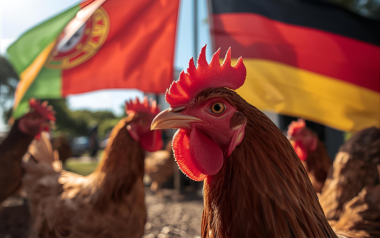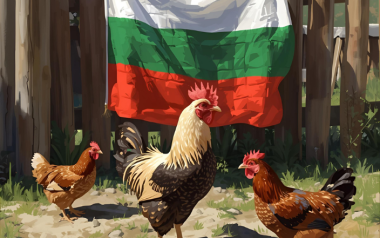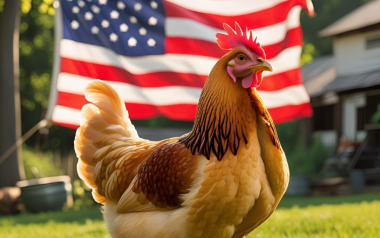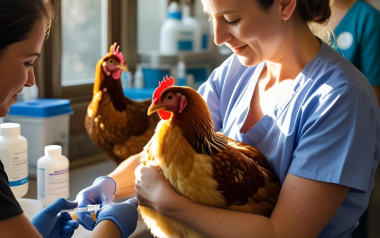12 May 2025
Ilocos Norte tightens biosecurity protocols against avian influenza
Ilocos Norte strengthens biosecurity protocols to protect its poultry industry amid heightened risks of avian influenza.
In a bid to protect its growing poultry sector, the Provincial Veterinary Office (PVO) of Ilocos Norte, Philippines has intensified biosecurity protocols following reports of highly pathogenic avian influenza (HPAI) H5N9 in the country.
In an interview with local media, provincial veterinarian Loida Valenzuela stressed the need for heightened vigilance and public cooperation.
Authorities at both provincial and municipal levels have been instructed to proactively implement disease prevention measures to safeguard poultry farms.
“We are recommending no-fly zone for pigeon racing as well as regulating the movement of poultry and poultry products to prevent possible incursion of the disease into the province,” Dr Valenzuela said.
The Philippine Bureau of Animal Industry recently confirmed the detection of H5N9 in Camaligan, Camarines Sur. In response, Ilocos Norte’s PVO, in coordination with municipal agriculture offices, has urged residents to report any unusual poultry deaths or symptoms immediately to local authorities.
Stricter inspections are now in place for all poultry shipments entering the province, especially those coming from southern regions.
A vital industry
The poultry industry is a vital component of Ilocos Norte’s agricultural economy. According to data from the Philippine Statistics Authority, the province had more than 1.9 million heads of poultry in 2024, up 13.9% year-on-year.
This growth was largely fueled by a nearly 47% surge in layer chickens, which now account for 816,920 heads of the total. Native and improved chicken breeds also make up a significant portion, representing 39% of the total poultry population.
Both backyard and commercial poultry operations are key to ensuring a steady supply of eggs and meat for local consumption and beyond.
The industry’s continued expansion supports employment and contributes significantly to Ilocos Norte’s economy, hence the need to protect it from threats like diseases.







































